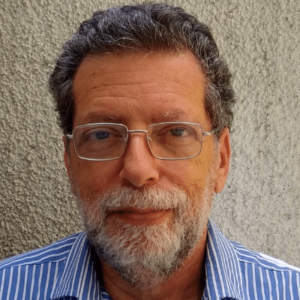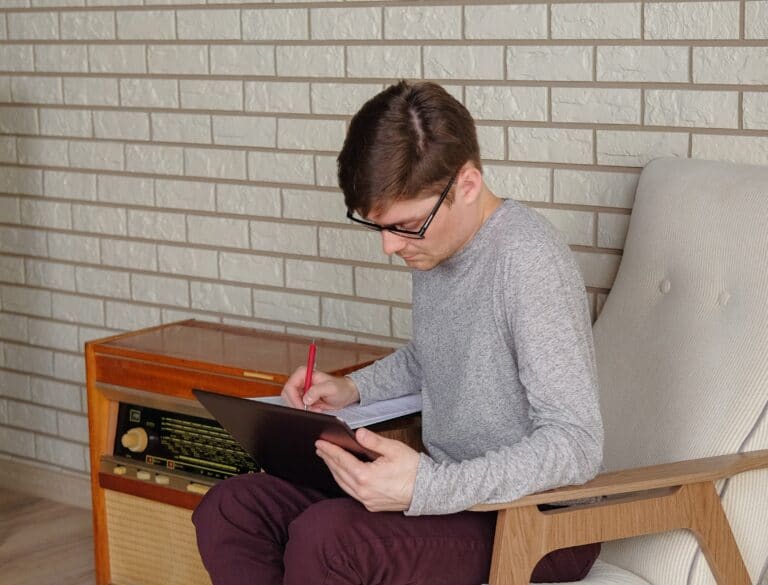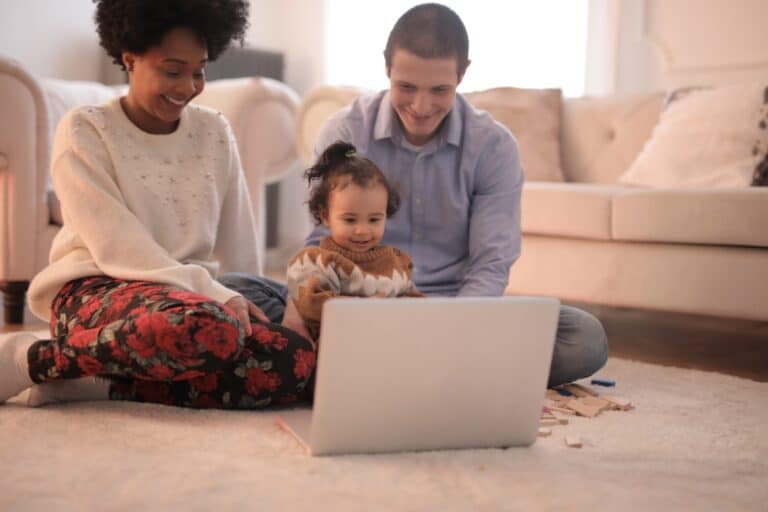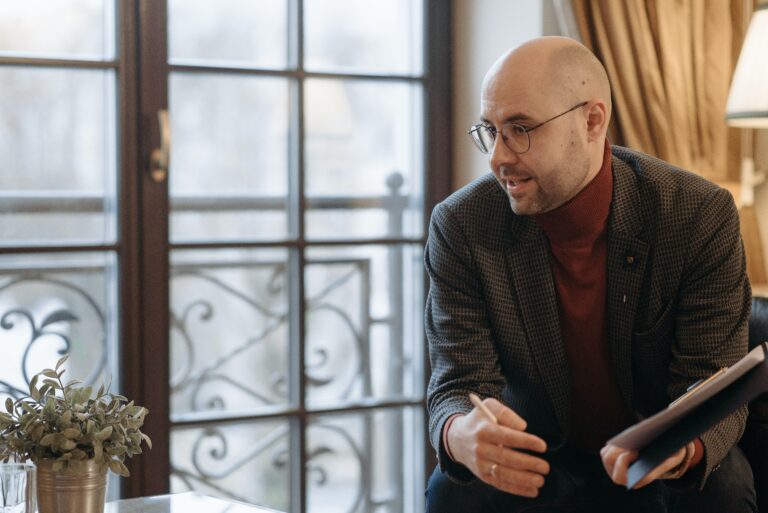A Routine and Some Variables
The celebration of Christmas and New Year are a very important milestone in the lives of most North Americans. Preparations start a month or two before: planning the meetings themselves, shopping for gifts, sending cards.
The routine of most people changes: there are holidays at work or in the school or university; many people travel long distance; finishing everything on time puts pressure on most people.
The weather is a variable that we know can be tricky and we try to have alternative plans.
Nobody was expecting a pandemic that disturbed significantly last year’s celebration and that it is throwing a shadow of uncertainty over this year’s holidays.
Feelings
In previous years, there were some commonalities to how people felt before, during and after the holidays, based on what we see in our consulting offices.
Some people have wonderful memories of holidays at home and look forward to meet with family and friends.
Some people long to see someone who passed away or who is not accessible and that makes them sad.
Some people are shy of large celebrations and prepare themselves to tolerate them.
Some look forward to new ways to enjoy the holidays, like travelling or going on a cruise ship.
There are many more feelings that people experience towards the end of the year. Those who look at Christmas as a very important religious event might rejoice in celebrating still another one and on passing on the torch to the younger generations.
Many make a balance of the year, with or without a New Year’s Resolution included. Some people might experience joy, sadness or a combination of both.
Honesty
These holidays are a good occasion to be honest with ourselves. The good things that we have or that we lack, the events that happened during the year, how we feel about things. Sometimes we prefer not to see certain things, but it is impossible to hide them from ourselves. If we can look at them to realize that there are things that we have to accept or that we need to change, we might feel better inside: we are being honest.








